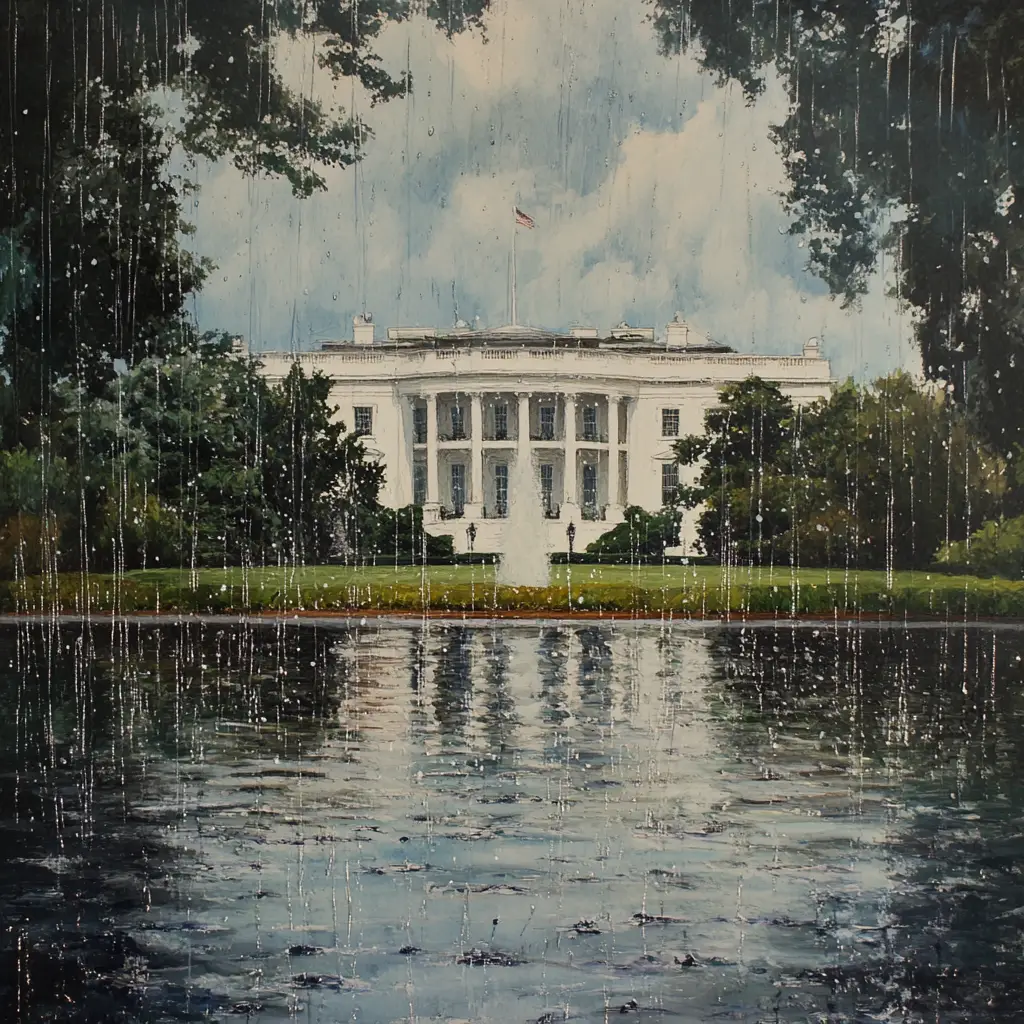Robert F. Kennedy Jr., a prominent environmental lawyer, author, and political figure, has been a significant voice in environmental activism and public health debates. Recently, Donald Trump, the 47th President of the United States, nominated him as the Secretary of Health and Human Services. This article explores Kennedy’s life, career, and key contributions, alongside the implications of his new role in the federal government.
Early Life and Family Background
Robert F. Kennedy Jr. was born on January 17, 1954, in Washington, D.C., as the third of 11 children of Robert F. Kennedy and Ethel Kennedy. His father served as U.S. Attorney General under President John F. Kennedy and was a prominent Democratic politician until his assassination in 1968. The Kennedy family has been synonymous with American politics, and Robert F. Kennedy Jr. continues this legacy.
Education and Early Career
Kennedy attended Harvard University and later earned a law degree from the University of Virginia School of Law. He also obtained a Master’s degree in Environmental Law from Pace University. His passion for environmental advocacy began early, leading him to work with organisations such as the Hudson Riverkeeper and the Natural Resources Defense Council (NRDC).
Environmental Advocacy
Robert F. Kennedy Jr. has spent much of his career advocating for environmental conservation and renewable energy. As a chief prosecuting attorney for the Hudson Riverkeeper, he played a pivotal role in protecting the Hudson River from pollution. His work helped inspire the modern environmental movement, and he became a leading advocate for clean water and sustainable practices.
In addition to his legal work, Kennedy authored several books on environmental and political topics, including *Crimes Against Nature*, which critiques corporate influence on government policies.
Controversial Public Health Views
Kennedy has been a polarizing figure in public health discussions, particularly for his views on vaccines. He has expressed skepticism about vaccine safety and has been a vocal critic of mandatory vaccination policies. While his stance has drawn criticism from medical experts, it has also garnered significant support among certain communities advocating for medical freedom.
Nomination as Secretary of Health and Human Services
On November 5, 2024, President Donald Trump nominated Robert F. Kennedy Jr. to serve as the U.S. Secretary of Health and Human Services. This nomination marks a significant moment in Kennedy’s career, placing him at the helm of one of the most critical federal agencies responsible for public health, social services, and medical research.
His appointment is expected to bring a unique perspective to the department, given his background in environmental law and his controversial views on public health. Supporters believe he will champion reforms in regulatory policies, while critics worry about the potential impact of his vaccine skepticism on national health initiatives.
Key Contributions and Legacy
Robert F. Kennedy Jr.’s career has been defined by his commitment to environmental protection, his dedication to justice, and his willingness to address contentious issues. As a public figure, he has inspired both admiration and debate, standing at the intersection of environmentalism, health advocacy, and politics.
Whether as an environmental advocate or a government official, Kennedy’s legacy is likely to be a blend of his achievements in conservation and the ongoing discussions about his public health policies.
Related Questions
What is Robert F. Kennedy Jr. known for?
Robert F. Kennedy Jr. is known for his environmental advocacy, legal career, and authorship of several books on conservation and public health issues.
What role does the Secretary of Health and Human Services play?
The Secretary of Health and Human Services oversees the U.S. Department of Health and Human Services, managing public health policies, social services, and healthcare programs like Medicare and Medicaid.
Why is Robert F. Kennedy Jr.’s nomination significant?
His nomination as Secretary of Health and Human Services by President Donald Trump has sparked debate due to his controversial views on vaccines and public health policies.




